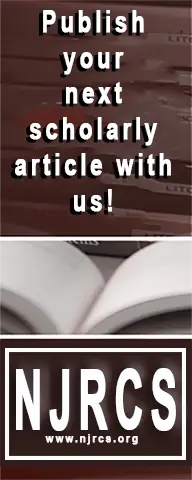Ethical Imperatives of Wisdom, Justice, and Human Dignity in Old Testament Wisdom Literature: Implications for Artificial Intelligence and Civil Liberties in Africa
DOI:
https://doi.org/10.4314/njrcs.v13i2.5Keywords:
Artificial Intelligence (AI), Wisdom, Ethics, Justice, human dignityAbstract
The integration of Artificial Intelligence (AI) into modern society has sparked significant debate, particularly regarding it’s ethical and societal implications. This paper explores the Old Testament's concepts of wisdom, justice and human dignity of Wisdom Literature, in relation to Artificial Intelligence and civil liberties in Africa. The researcher used secondary sources of information. The method adopted is the interdisciplinary Approach. This approach combines insights from theological analysis Examining Old Testament Wisdom Literature and its relevance to contemporary issues such as artificial intelligence. By analysing biblical texts and contemporary scholarship, the study revealed the tension between technological advancement and the preservation of human dignity and rights. AI development necessitates ethical considerations that align with biblical wisdom principles. Wisdom Literature provides a framework for responsible AI integration, balancing innovation with justice and underscoring the necessity of ethical AI governance. It is the view of this article that AI ethics should prioritize human dignity and fairness. This study concludes with recommendations for ethical AI development and implementation in Africa, grounded in biblical wisdom and respect for civil liberties. This is because without proper ethical guidelines, AI may exacerbate inequalities and threaten personal freedoms. The study, therefore, advocates a biblically-informed approach that ensures AI serves humanity rather than undermines fundamental rights.
Downloads
Published
Issue
Section
License

This work is licensed under a Creative Commons Attribution-NonCommercial 4.0 International License.





